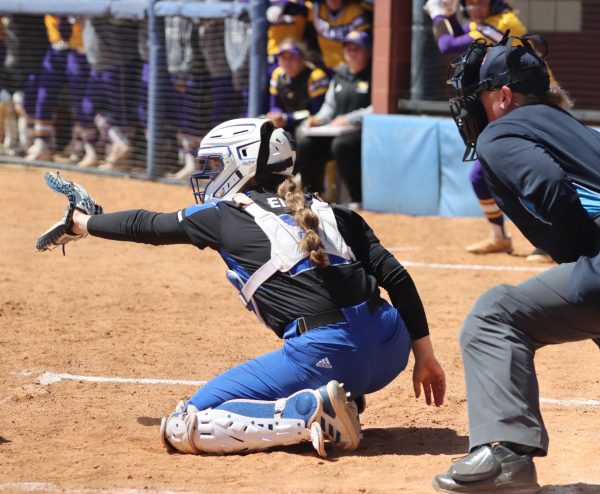Editorial: Roland Burris’ nomination should be taken seriously
While the rest of us were busy spending time with our families and putting on holiday pounds, Gov. Rod Blagojevich was enjoying the perks of his job while he still could.
In the true spirit of the holidays, on Dec. 30, the embattled governor finally gave President-elect Barack Obama’s vacated Senate seat to Roland Burris, former Illinois attorney general and comptroller.
Though a technically valid nomination, Burris’ eligibility was called into question by state and federal officials, citing federal corruption charges against Blagojevich and his subsequent arrest early last month.
Obviously, anyone Blagojevich chooses for any position is going to face intense scrutiny. Burris is no exception.
Following the nomination, Illinois Secretary of State Jesse White refused to sign the Senate’s recommended certification form.
Under Article 1 Section 5 of the U.S. Constitution, Senate members ultimately have final say over who joins the Senate. However, the Senate also has a standing rule – Rule 2 – which requires signatures from the candidate’s governor and secretary of state.
In short, Burris’ nomination has reached an impasse.
The federal government is wary of the nomination, as it should be. Any recommendation from Blagojevich should be approached cautiously.
However, he’s still the governor.
Despite the Senate’s objections, Blagojevich’s recommendation is 100 percent valid and, as far as we know at this point, ethical. On Thursday, Burris testified before a House committee, claiming he had no part in the pay-to-play scandal that is currently wrapping itself around the governor.
But just because Blagojevich is under investigation doesn’t take away the validity of his nomination.
Granted, Blagojevich should be removed from office. The evidence is so overwhelmingly against him that it’s utterly foolish to combat it.
But he’s still the acting governor and is allowed to choose a replacement for Obama.
In 1967, U.S. Rep. Adam Clayton Powell Jr., D-New York, was stripped of his position by the House of Representatives following allegations that Powell had misused funds for personal use. Powell took the case to the Supreme Court, which ruled the House had acted unconstitutionally by removing an elected official and restored Powell to his seat.
Powell’s case sets precedent for the Burris debacle. Although the Senate may not like it, Blagojevich’s nomination is still legal and should be considered despite the governor’s current legal problems.
In two years, we may choose to replace Burris ourselves, but until then, the Senate shouldn’t place Burris in the shadow of Blagojevich’s corruption.










































